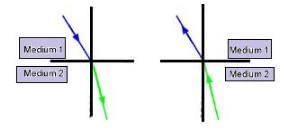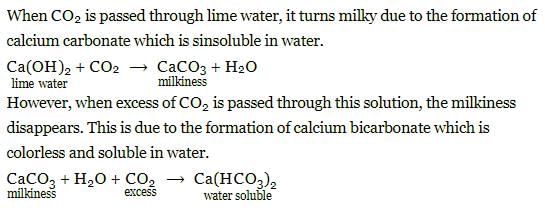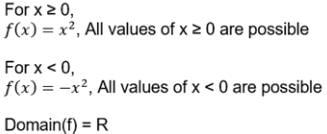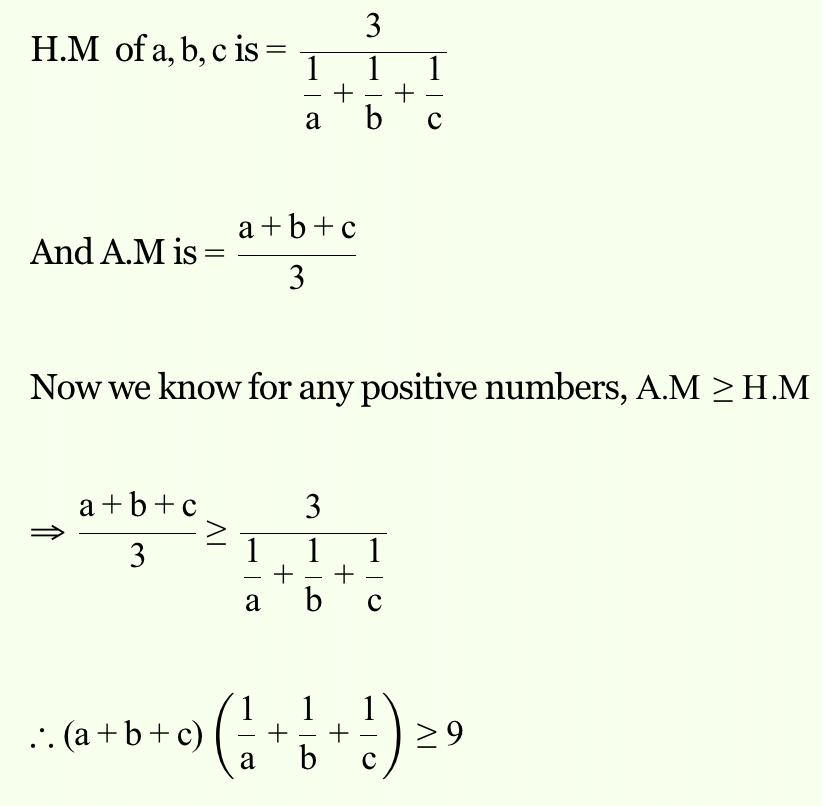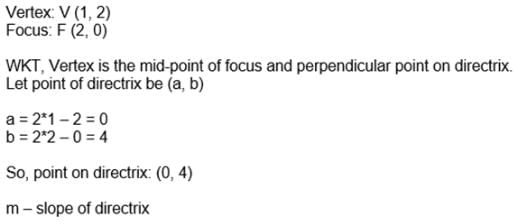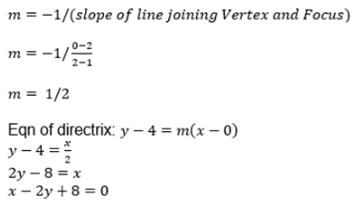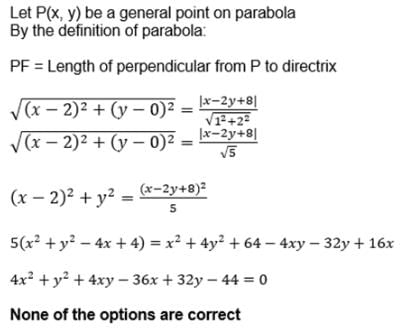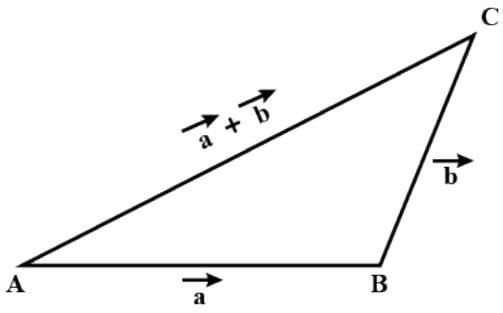OSSSC TGT Science PCM Mock Test - 9 - OTET MCQ
30 Questions MCQ Test OSSC TGT Mock Test Series 2025 - OSSSC TGT Science PCM Mock Test - 9
What teaching method would you apply to teach the topic 'water pollution' to the students?
You deal with the students at the primary level. The best method, according to you, to enable a child to express his views on public issues is
A teacher collects and reads the work of the class, then plans and adjusts the next lesson to meet student's needs. He/She is doing:
A first generation learner may experience the greatest difficulty with
A car battery has ________ resistance than a dry cell.
The dimension of the temperature coefficient of resistivity is
The intensity of a plane electromagnetic wave is proportional to
In Young’s double slit experiment, the distance between the two slits is halved and the distance of the screen from the slit is doubled. The fringe width will be
What is the mass of a body whose weight is 59 N? Take g = 9.8 m/s2
Which of the following laws give the direction of induced e.m.f
What happens when excess carbon dioxide is passed through lime water?
Which of the following solids undergo sublimation upon heating?
Which one of the following elements exhibit the maximum number of valence electrons ?
A change of state from one form to another is a
Which of the following compound can turn blue litmus solution red?
The line y = c is a tangent to the parabola 7/2 if c is equal to
If a, b, c be any three positive numbers, then the least value of (a + b + c) 
The arithmetic mean of the numerical values of the deviations of items from some average value is called the
The set of all x for which ln (1 + x) ≤ x is equal to
From a circular sheet of paper with a radius 20 cm, four circles of radius 5 cm each are cut out. What is the ratio of the uncut to the cut portion?
The product of minimum value of xx and maximum value of is
The equation of the parabola with vertex at (1, 2) and focus at (2, 0) is:
A variable plane is at a constant distance 3p form the origin and meets the axes in A, B and C. The locus of the centroid of the triangle ABC is



